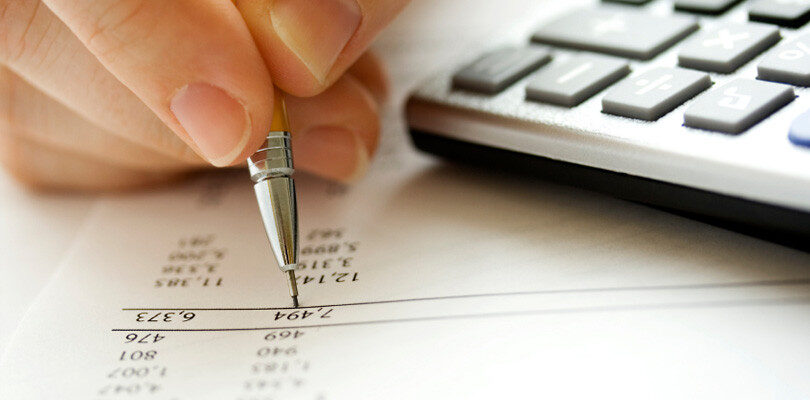Claims for additional running expenses
The ATO is making changes to the methods of claiming working from home expenses.
The temporary shortcut method of claiming for working from home expenses (all inclusive 80c/hr) is no longer available after the 2021/2022 financial year!
The fixed rate is increasing from 52c to 67c/hour, however the new rate will include the following home office expenses:
- Home and/or mobile phone and internet expenses
- Computer consumables and stationery
- Heating, lighting and cleaning costs
Claimants will need to have a representative record of the total number of hours worked from home in the first half of 2022/2023 and a record of the total number of actual hours worked for the second half of 2022/2023 – estimates will not be acceptable and the record of hours may be timesheets, rosters, diary or similar maintained contemporaneously!
You can’t claim a deduction for the following expenses if you’re an employee working at home. These include:
- coffee, tea, milk and other general household items, even if your employer may provide these at work
- costs that relate to your children’s education such as equipment you buy – for example, iPads and desks, subscriptions for online learning
- items your employer provides – for example, a laptop or a phone
- any items where your employer pays for or reimburses you for the expense
CONTACT US TODAY so we can help you maximise your claim!








